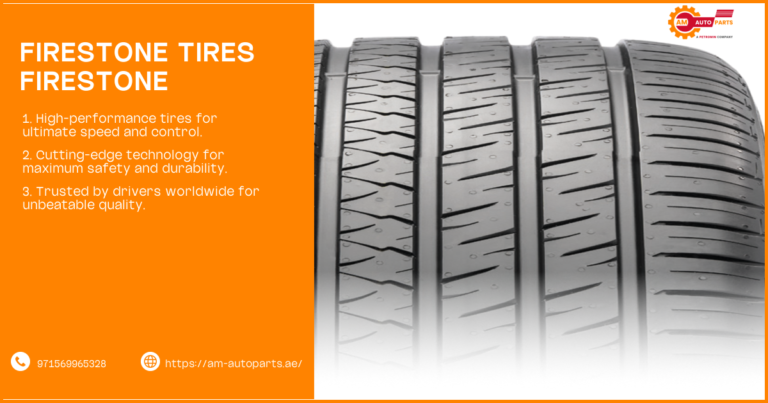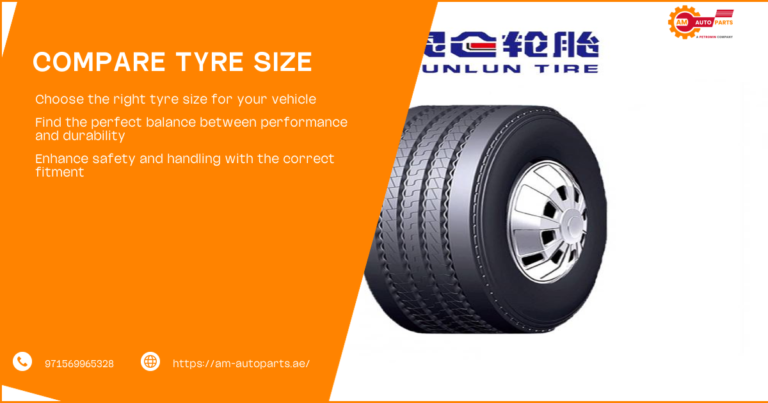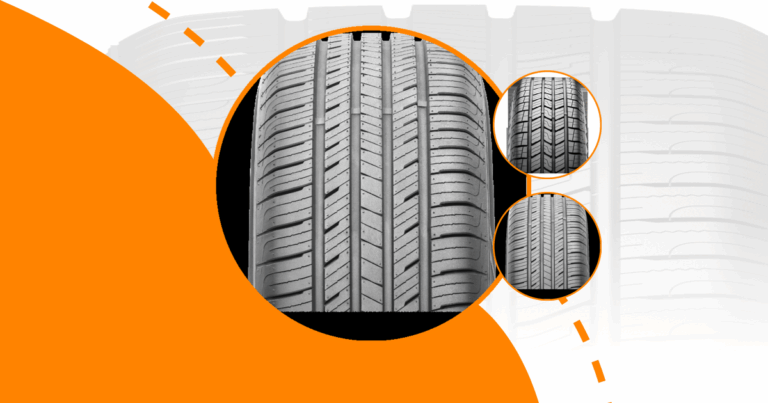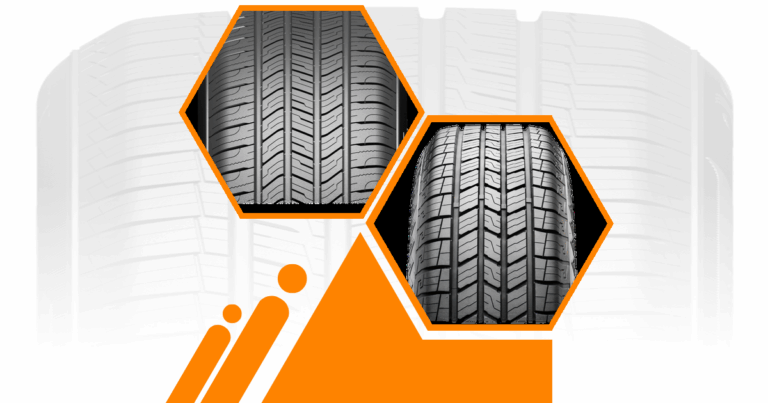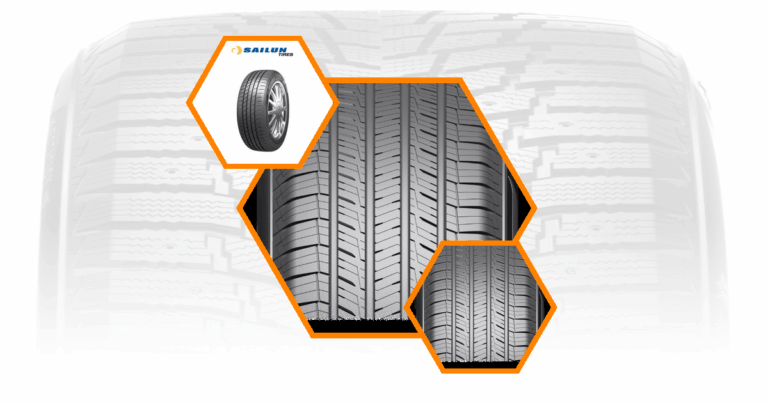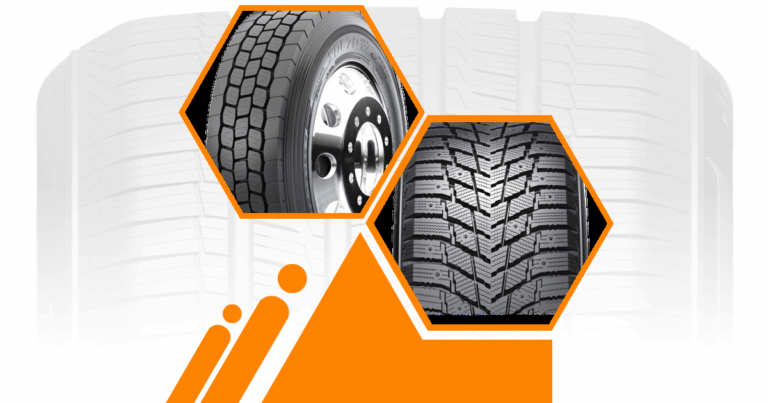Sport Utility Vehicles (SUVs) are versatile, offering a blend of comfort, space, and off-road capability. However, the performance of an SUV largely depends on the type of tyres it uses. In this guide, we will explore the different types of SUV tyres and provide insights on how to choose the best ones for your vehicle.
What are the Different Types of SUV Tyres?
All-Season SUV Tyres
All-season SUV tyres are designed to provide a balanced performance in various weather conditions. They offer a good mix of traction, handling, and durability, making them a popular choice for many SUV owners. These tyres are suitable for mild climates where extreme weather is not a concern.
- Versatility: Suitable for wet and dry conditions.
- Durability: Longer tread life compared to specialized tyres.
- Cost-Effective: Eliminates the need for seasonal tyre changes.
All-Terrain SUV Tyres
All-terrain tyres are built for drivers who frequently switch between on-road and off-road driving. They feature a more aggressive tread pattern that provides better grip on loose surfaces like gravel and sand.
- Off-Road Capability: Enhanced traction on various terrains.
- Robust Construction: Stronger sidewalls for added protection.
- Versatile Use: Suitable for both highway and off-road driving.
Mud-Terrain SUV Tyres
Mud-terrain tyres are specifically designed for off-road enthusiasts who often drive in muddy or rocky conditions. These tyres have large, chunky tread blocks that offer superior grip in challenging terrains.
- Superior Traction: Excellent grip in mud and rocky surfaces.
- Durable Design: Resistant to punctures and cuts.
- Specialized Use: Best for off-road adventures.
Highway-Terrain SUV Tyres
Highway-terrain tyres are optimized for on-road performance, providing a smooth and quiet ride. They are ideal for SUV owners who primarily drive on highways and city roads.
- Comfortable Ride: Reduced road noise and vibration.
- Fuel Efficiency: Lower rolling resistance for better mileage.
- Long Tread Life: Designed for extended highway use.
Performance SUV Tyres
Performance tyres are engineered for high-speed stability and enhanced handling. They are perfect for sporty SUVs that require superior grip and responsiveness.
- Enhanced Handling: Improved cornering and braking.
- High-Speed Stability: Designed for performance-oriented driving.
- Stylish Appearance: Often feature a sleek design.
How to Choose the Right SUV Tyres for Your Vehicle?
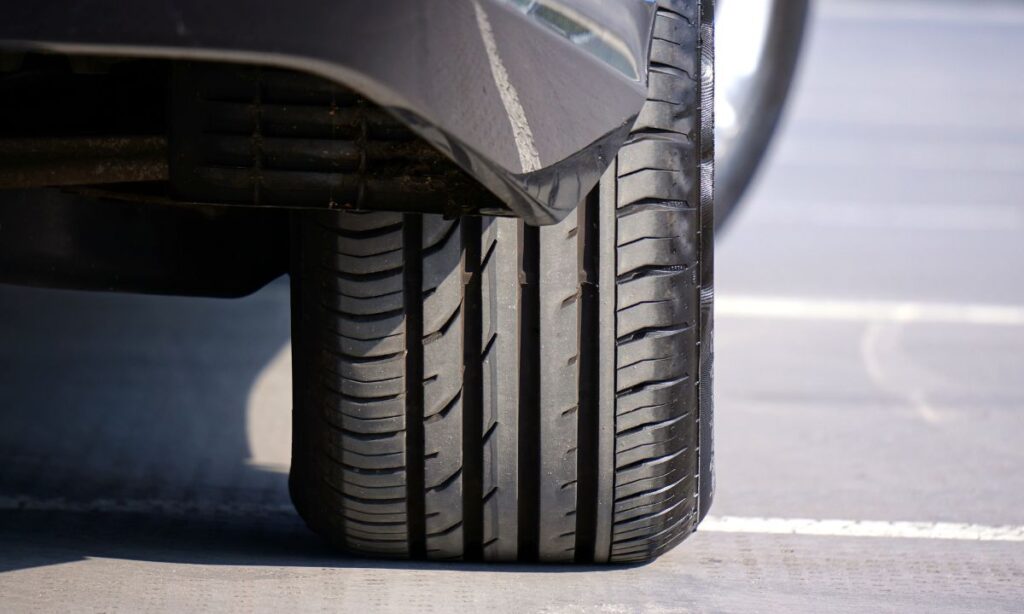
Consider Your Driving Habits
Understanding your driving habits is crucial in selecting the right tyres. If you frequently drive off-road, all-terrain or mud-terrain tyres might be suitable. For city driving, highway-terrain tyres are ideal.
- Off-Road Driving: Choose all-terrain or mud-terrain tyres.
- City Driving: Opt for highway-terrain or all-season tyres.
- Performance Needs: Consider performance tyres for sporty driving.
Understand Tyre Specifications
Tyre specifications, such as size, load index, and speed rating, are essential factors to consider. These specifications ensure that the tyres are compatible with your SUV and meet your driving needs.
- Size Compatibility: Match the tyre size with your vehicle’s requirements.
- Load Index: Ensure the tyres can support your vehicle’s weight.
- Speed Rating: Choose a rating that matches your driving speed.
Evaluate Tread Patterns
Tread patterns affect traction, handling, and noise levels. Consider the tread design that best suits your driving conditions.
- Aggressive Tread: Better for off-road and wet conditions.
- Symmetrical Tread: Offers a quiet and smooth ride.
- Directional Tread: Provides excellent water evacuation.
Check Load Ratings
Load ratings indicate the maximum weight a tyre can support. It’s crucial to choose tyres with appropriate load ratings to ensure safety and performance.
- Safety: Prevents tyre failure under heavy loads.
- Performance: Maintains handling and stability.
- Durability: Extends tyre lifespan.
What are the Best SUV Tyres for Winter Conditions?
Winter-Specific SUV Tyres
Winter-specific tyres are designed to provide optimal performance in cold weather, snow, and ice. They feature a unique rubber compound that remains flexible in low temperatures.
- Cold Weather Performance: Maintains grip in freezing conditions.
- Snow Traction: Enhanced tread design for snow and ice.
- Safety: Reduces stopping distances on icy roads.
All-Season SUV Tyres with Winter Ratings
Some all-season tyres come with winter ratings, offering a compromise between all-season and winter-specific tyres. They provide adequate performance in mild winter conditions.
- Versatility: Suitable for year-round use in mild climates.
- Cost-Effective: Eliminates the need for seasonal tyre changes.
- Moderate Winter Performance: Adequate grip in light snow.
Studded vs. Studless Winter Tyres
Studded tyres offer superior traction on icy roads, while studless tyres provide a quieter ride with good snow performance.
- Studded Tyres: Best for extreme ice conditions.
- Studless Tyres: Quieter and suitable for snowy roads.
- Legal Considerations: Check local regulations on studded tyre use.
How Do Electric and Hybrid SUV Tyres Differ?
Low Rolling Resistance
Electric and hybrid SUVs benefit from tyres with low rolling resistance, which enhances energy efficiency and extends battery range.
- Energy Efficiency: Reduces energy consumption.
- Extended Range: Increases driving distance per charge.
- Eco-Friendly: Lowers carbon footprint.
Noise Reduction Features
These tyres often include noise reduction features to complement the quiet operation of electric vehicles.
- Quiet Ride: Minimizes road noise.
- Comfort: Enhances overall driving experience.
- Advanced Technology: Utilizes innovative materials and designs.
Enhanced Durability for Heavier Vehicles
Electric and hybrid SUVs are typically heavier due to battery packs, requiring tyres with enhanced durability.
- Robust Construction: Supports additional weight.
- Long-Lasting: Resists wear and tear.
- Safety: Maintains performance under heavy loads.
What are the Top Considerations for Off-Road SUV Tyres?
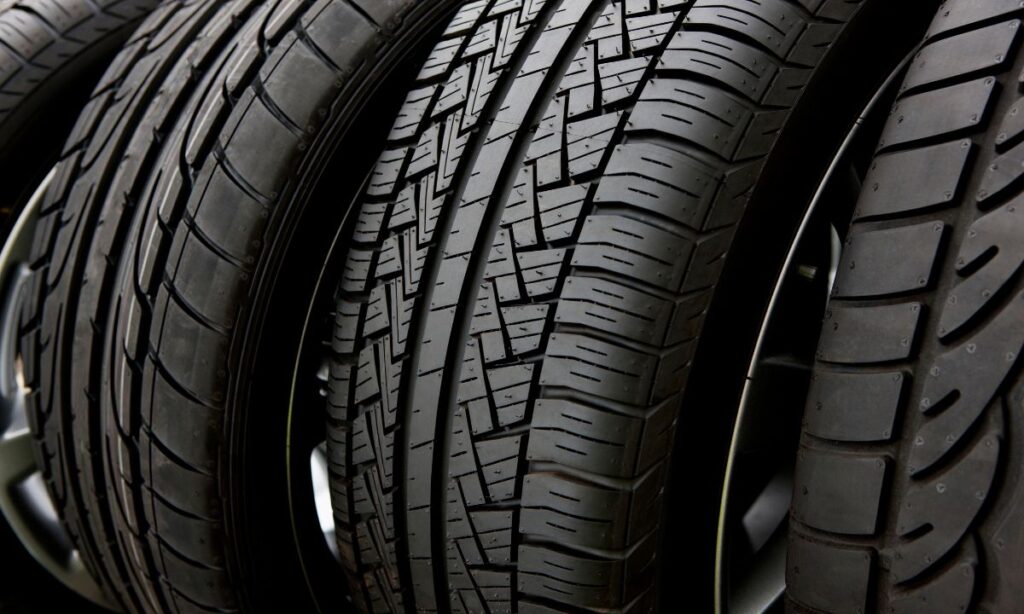
Tread Design for Various Terrains
The tread design is crucial for off-road tyres, as it determines traction and handling on different surfaces.
- Chunky Treads: Ideal for mud and loose surfaces.
- Interlocking Patterns: Provides stability on rocky terrains.
- Self-Cleaning: Prevents mud build-up.
Sidewall Construction
Strong sidewalls are essential for off-road tyres to withstand rough conditions and prevent punctures.
- Reinforced Sidewalls: Offers protection against cuts.
- Flexibility: Adapts to uneven surfaces.
- Durability: Extends tyre lifespan.
Tyre Pressure Adjustability
Adjustable tyre pressure is beneficial for off-road driving, allowing for better traction and comfort.
- Improved Traction: Lower pressure for soft surfaces.
- Comfort: Adjust pressure for a smoother ride.
- Versatility: Adapt to different terrains.
Understanding SUV Tyre Sizes and Ratings
Decoding Tyre Size Information
Understanding tyre size information is crucial for selecting the right tyres. The size is usually indicated on the sidewall and includes width, aspect ratio, and diameter.
- Width: Measured in millimeters.
- Aspect Ratio: Height of the sidewall as a percentage of the width.
- Diameter: Size of the wheel the tyre fits.
Load Index and Speed Ratings
Load index and speed ratings indicate the maximum load a tyre can carry and the maximum speed it can handle safely.
- Load Index: Numerical code representing load capacity.
- Speed Rating: Alphabetical code indicating speed capability.
- Safety: Ensures tyres meet vehicle requirements.
Aspect Ratio and Its Impact on Performance
The aspect ratio affects the tyre’s performance, including handling and comfort. A lower aspect ratio often means better handling but less comfort.
- Handling: Lower ratio improves cornering.
- Comfort: Higher ratio offers a smoother ride.
- Aesthetics: Influences the tyre’s appearance.
The Importance of Proper SUV Tyre Maintenance
Regular Tyre Rotation
Regular tyre rotation helps ensure even wear and extends the lifespan of your tyres. It involves changing the position of each tyre on the vehicle.
- Even Wear: Promotes uniform tread wear.
- Extended Lifespan: Increases tyre longevity.
- Improved Performance: Maintains handling and safety.
Alignment and Balancing
Proper alignment and balancing are essential for optimal tyre performance. Misalignment can cause uneven wear and affect handling.
- Alignment: Ensures tyres are parallel and perpendicular to the ground.
- Balancing: Distributes weight evenly around the tyre.
- Safety: Prevents vibrations and improves control.
Tyre Pressure Monitoring
Monitoring tyre pressure is crucial for safety and performance. Under-inflated tyres can lead to poor fuel efficiency and increased wear.
- Fuel Efficiency: Proper pressure improves mileage.
- Safety: Reduces the risk of blowouts.
- Performance: Maintains handling and stability.
How to Extend the Lifespan of Your SUV Tyres
Proper Inflation Techniques
Maintaining the correct tyre pressure is vital for extending tyre life. Regularly check and adjust the pressure according to the manufacturer’s recommendations.
- Regular Checks: Use a reliable gauge to monitor pressure.
- Adjustments: Inflate or deflate as needed.
- Manufacturer Guidelines: Follow recommended pressure levels.
Avoiding Overloading
Overloading your SUV can put excessive stress on the tyres, leading to premature wear and potential failure.
- Weight Limits: Adhere to the vehicle’s load capacity.
- Even Distribution: Balance the load across the vehicle.
- Safety: Prevents tyre damage and improves handling.
Regular Inspections
Regularly inspecting your tyres for damage, wear, and foreign objects can prevent issues and extend their lifespan.
- Visual Checks: Look for cuts, punctures, and uneven wear.
- Tread Depth: Ensure adequate tread for traction.
- Professional Inspections: Seek expert advice if needed.
The Impact of SUV Tyres on Fuel Efficiency
Rolling Resistance and Fuel Economy
Rolling resistance affects fuel economy, with lower resistance leading to better mileage. Choosing tyres with low rolling resistance can save fuel.
- Fuel Savings: Reduces energy consumption.
- Eco-Friendly: Lowers emissions.
- Cost-Effective: Decreases fuel expenses.
Low Rolling Resistance Tyre Options
Opting for low rolling resistance tyres can enhance fuel efficiency without compromising performance.
- Energy Efficient: Designed for reduced resistance.
- Performance: Maintains handling and safety.
- Availability: Widely available for various SUV models.
Balancing Performance and Efficiency
Finding the right balance between performance and efficiency is key when selecting SUV tyres. Consider your driving needs and priorities.
- Performance Needs: Choose tyres that meet your driving style.
- Efficiency Goals: Opt for tyres that enhance fuel economy.
- Compromise: Balance between handling and mileage.
SUV Tyre Safety Features and Technologies
Traction Control Systems
Modern SUV tyres often incorporate traction control technologies to enhance grip and stability, especially in challenging conditions.
- Improved Grip: Enhances traction on slippery surfaces.
- Stability: Maintains control during acceleration.
- Safety: Reduces the risk of skidding.
Run-Flat Technology
Run-flat tyres allow you to continue driving after a puncture, providing added safety and convenience.
- Convenience: No immediate need for a tyre change.
- Safety: Reduces the risk of being stranded.
- Peace of Mind: Offers reassurance during long trips.
Noise Reduction Innovations
Noise reduction technologies in SUV tyres contribute to a quieter and more comfortable ride, enhancing the overall driving experience.
- Quiet Ride: Minimizes road noise.
- Comfort: Improves cabin ambiance.
- Advanced Design: Utilizes innovative materials and patterns.
By understanding the different types of SUV tyres and their features, you can make an informed decision that enhances your vehicle’s performance, safety, and efficiency. Whether you prioritize off-road capability, fuel economy, or winter performance, there’s a tyre designed to meet your needs.
FAQs
What is the difference between SUV tyres and regular car tyres?
SUV tyres are designed to handle the increased weight and size of sport utility vehicles. They typically have stronger sidewalls, larger tread blocks, and higher load ratings compared to regular car tyres. This design ensures better stability and performance for SUVs.
How often should I replace my SUV tyres?
The lifespan of SUV tyres depends on various factors, but generally, they should be replaced every 50,000 to 60,000 miles or every 6 years, whichever comes first. According to the National Highway Traffic Safety Administration (NHTSA), tyres older than 6 years have a higher risk of failure, regardless of tread depth.
Can I use all-season tyres on my SUV year-round?
All-season tyres can be used year-round in many climates, but they may not provide optimal performance in extreme winter conditions. In areas with heavy snow or ice, winter-specific tyres are recommended for better traction and safety.
What tyre pressure is best for SUV tyres?
The recommended tyre pressure for SUV tyres varies depending on the vehicle model and tyre size. Always refer to your vehicle’s owner’s manual or the tyre placard located on the driver’s side door jamb for the correct tyre pressure.
Are run-flat tyres a good option for SUVs?
Run-flat tyres can be a good option for SUVs, especially for those who frequently travel in areas with limited roadside assistance. They allow you to continue driving for a short distance after a puncture, providing added convenience and safety.

